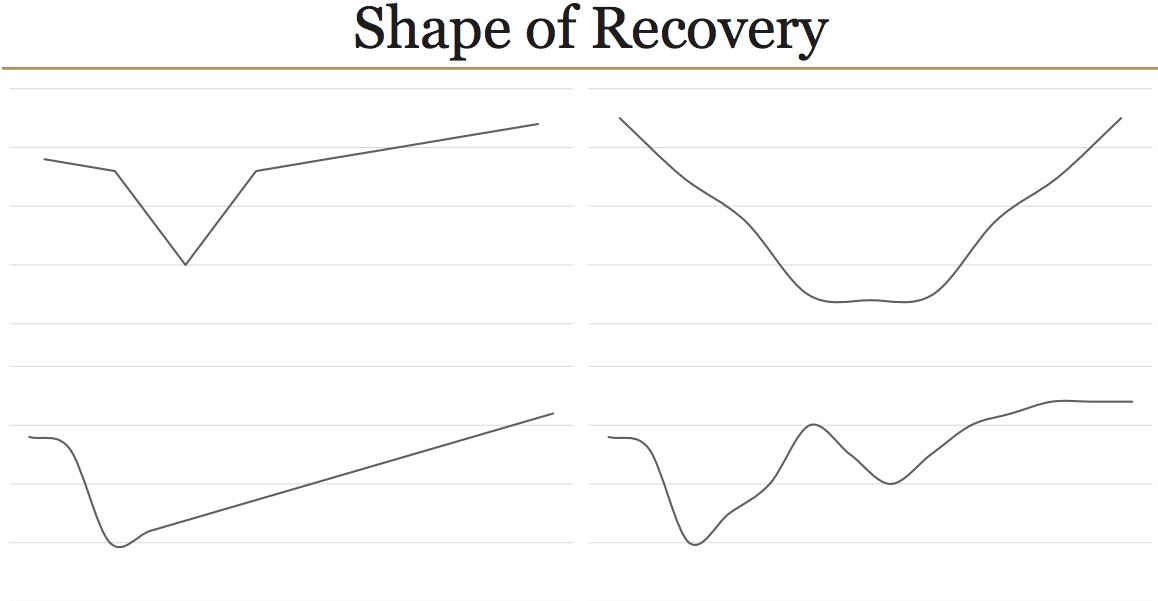Many ppl who are laid off don't live here.
Lewandowski: No. The job loss shows up where the job is; unemployment is household data.
Staff data from Boulder, coming later in the presentation, show 6.9% declines in April, compared to April 2019.
That may get axed this year, depending on what voters say.
Wobbekind: I was saying 8-9% unemployment by the end of the year, but most projections are now saying we'll still be at 10%.
Unemployment for ppl with HS degree or less is double those with college degrees, Wobbekind says.
Young: "So all the models are business as usual recovery?"
Wobbekind (laughs): Yes that's a fair way to say it.
His q is about office space usage and long-term impacts of remote work.
Some co. asking about reducing space, but some looking for more space so they can spread out workers.
"It's shared suffering."
She gives a reminder: 48% of city dollars (not including utilities) are from sales and use tax.
Big declines in restaurants (28%) home furnishings (33.7%) and clothing (33.7%)
Grocery stores up 10.8% in April. too.
From general retail, $6.8M decline
I will follow up.
"This has taken a complete nose dive," Pattelli says.
"The outlook hasn't changed substantially," Kara Skinner says.
Parks & rec had a LOT of those.
Through 124 layoffs or terminations, Boulder's workforce went from being 86.1% white to 85.9% white.
That's just over $53,000 per unit, if my math is correct.
Housing ranges, but typically averages $28-$30M (2016 was a low year at $21M)
Human services has increased steadily (and hugely) in the last 5 yrs, mostly due to the sugary beverages tax, Firnhaber says.
Firnhaber: Yes
Always new thing to learn about the budget. I had 0 idea about that.
Budget study session is Sept. 8
Public hearings on the budget in October
@threadreaderapp please unroll. Thank you.




